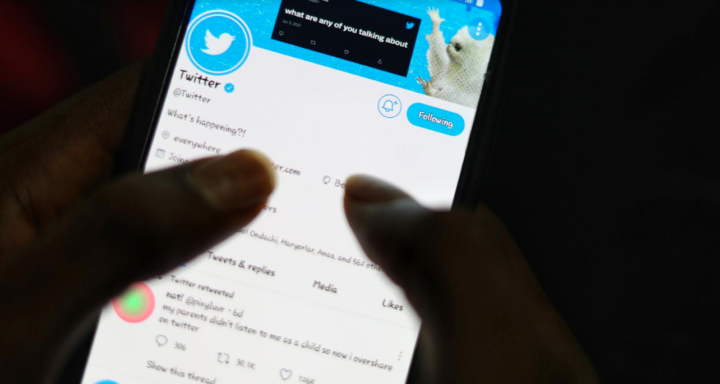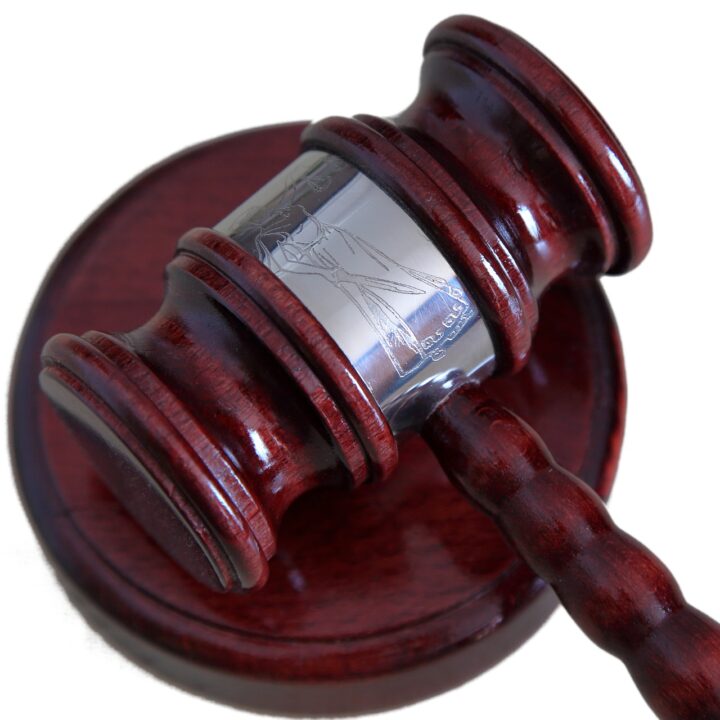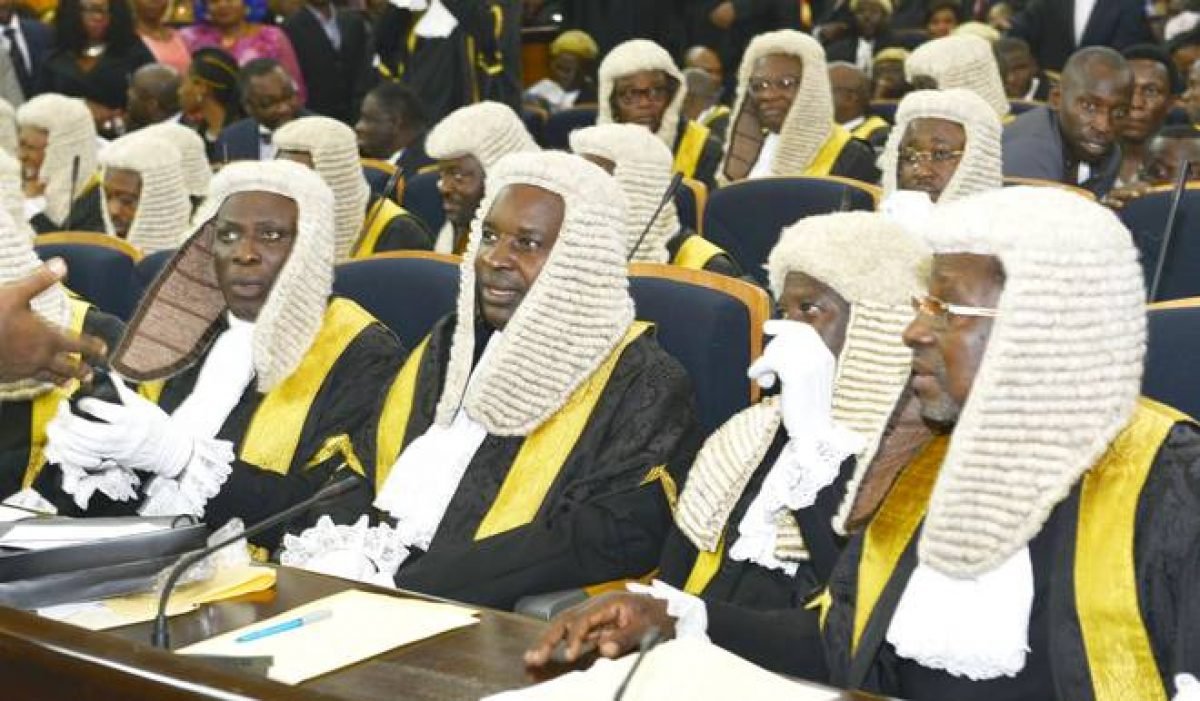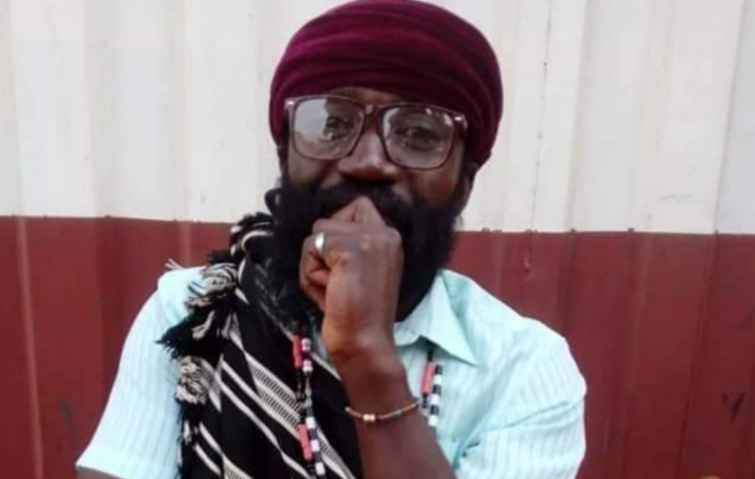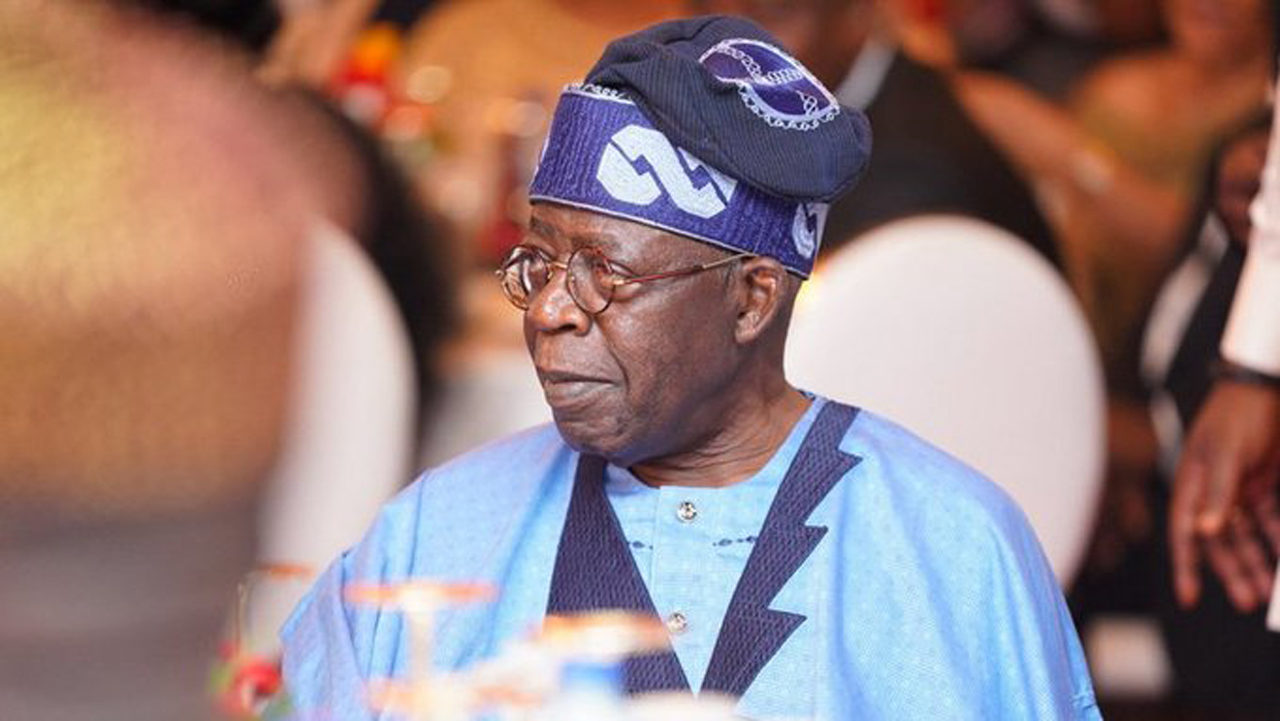The Nigerian Government was effusive last week as it announced lifting the ban which it placed on Twitter since June 4, 2021. Like a flash, the news trended globally, with local and international media organisations feasting on the statement from the government, to the effect that the action was taken after the microblogging site had agreed to all its demands.
The demands include setting up offices in Nigeria to enable direct interface with the Nigerian government and the business environment, and running its operations in such a way that Twitter will no longer jeopardise the nation’s security architecture.
The Government, in statement by the Chairman, Technical Committee, Nigeria-Twitter Engagement, and Director-General, National Information Technology Development Agency (NITDA), Kashifu Inuwa Abdullahi, informed that “Twitter has agreed to act with a respectful acknowledgement of Nigerian laws and the national culture and history on which such legislation has been built and work with the FGN and the broader industry to develop a Code of Conduct in line with global best practices, applicable in almost all developed countries.”
It is the responsibility of any government to protect the lives and properties of its people; in fact, protect the people from self-ruination which can emanate from over indulgence of platforms like Twitter.
Advertisement
Please, note the painstaking efforts of Government. It had to set up a big Committee of some egg heads to engage with Twitter. The Committee was headed by the head of a parastatal who reported directly to a minister who, in turn, had to do a memo to the President, furnishing him with progress in the negotiations, before the patriarch of a nation could allow the return of the American company.
So, plush the business components in the negotiations, the government statement also revealed as follows:
“As patriotic citizens, we need to be mindful that anything illegal offline is also illegal online and that committing a crime using a Nigerian Internet Protocol (IP) is synonymous with committing a crime within our jurisdiction.
Advertisement
“Considering Twitter’s influence on our democracy, our economy, and the very fabric of our corporate existence as a Nation, our priority is to adapt, not ban, Twitter. The FGN is committed to working with Twitter to do anything possible to help Nigerians align and navigate Twitter algorithmic design to realise its potentials while avoiding its perils,” FG stated.
To all of this seeming adulatory achievement on the part of the Nigerian government, Twitter had a laconic response.
“We are pleased that Twitter has been restored for everyone in Nigeria. Our mission in Nigeria & around the world, is to serve the public conversation.
“We are deeply committed to Nigeria, where Twitter is used by people for commerce, cultural engagement, and civic participation.”
Advertisement
Apart from Twitter’s promised commitment to Nigeria, one phrase arrested my attention: to serve the public conversation. Two words therein, public conversation, actually pushed me to take another look at the meaning of the word, public. One tranche of meaning is “the people constituting a community, state, or nation.”
Take a closer look at it. Government is in this, so are the ordinary fellas in the society, including the Nigerian youths with whom the government was so irritated in the first place, and just so angry overboard that it had to throw a hammer at Twitter by way of squashing it out of the country’s tech ecosystem. So with very little words, used in absolute beauty and efficacy, we are back where we started: Twitter would rather pursue a conversation to the public good instead of satiating a few people in messianic garbs.
But it is all well and good that we have a semblance of settlement and some degree of understanding. Is it all settled really?
In 279 B.C, Pyrrhus, King of Epirus organised an expensive military expedition against the Romans in the battle of Asculum. Pyrrhus won the battle but he suffered heavy losses both in men and materials. He obtained victory at a very heavy cost. Those who plan for war would always weigh all the options to know if they want to follow the path of Pyrrhus. Pyrrhic victory is in memory of that expensive military misadventure.
Advertisement
At what cost has our nation arrived at a settlement with Twitter? I have seen some news media try to work out figures in several hundreds of billions of Naira. In a country where data suffers integrity deficit like most of our politicians, those figures are easily disputed. The point is that money was lost, businesses died and streams of income simply vaporised by a single government action, carried on behalf of the people. To me, this is even the aspect that is manageable. What I have seen in the spirit of enterprise displayed by so many young Nigerians, is that in no time they will recoup their losses. After all, the government has promised to give Twitter the right environment in which to do business.
For me the bigger problem has do with credibility issues, the serious dent to the nation’s image arising from an action that should have been settled amicably or at worst go through a legal process. But we decided to throw the hammer and demonstrate to the rest of the world that our democracy is still that of the strong man who is infallible no matter how ominous his verbal obscurantism could be sometimes.
Advertisement
I saw the global response to the lift of the ban, the media reportage and the response of some embassies and international organisations, and I bled inside, asking myself what damage we have done to ourselves.
The Nigerian leadership has tried to rationalise their actions. A decision was taken to protect the nation and its people. So, in taking that decision, something happened on the night of October 20, 2020. The youth who endured that night have their story. The government also has its story. In between the disputations there is a truth that must one day come to light.
Advertisement
When that truth does emerge, Twitter says it’s mission is to serve the public conversation. My humble take is that the truth will be fed into the public conversation channel. Until that happens this government may not claim to have the trust of the youth that were so irredeemably repressed one fateful night.
Advertisement
Views expressed by contributors are strictly personal and not of TheCable.
Add a comment

